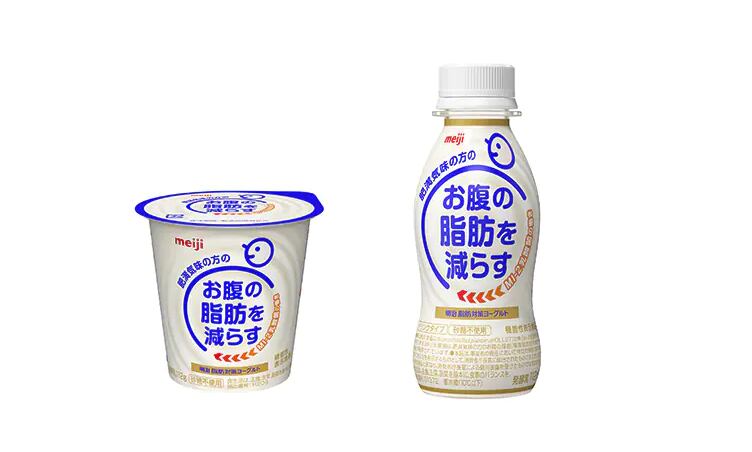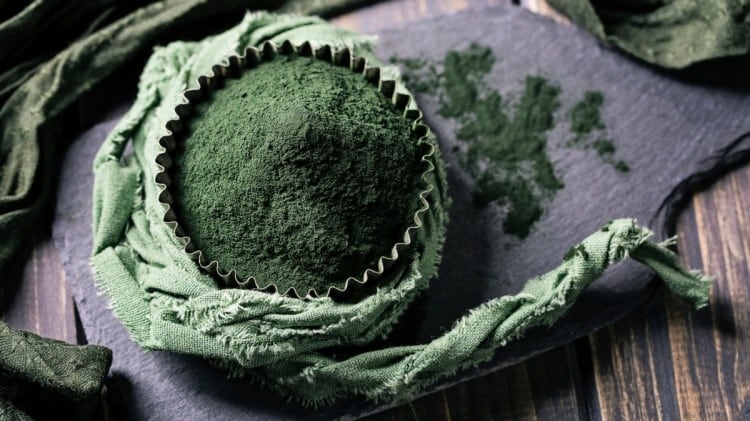Both products, a yogurt and a yogurt drink, contain heat-killed Lactobacillus plantarum OLL2712, also known as MI-2 lactic acid bacteria.
A search on FFC database Plusaid found that this is the first time Meiji is launching FFC products containing the strain.
The sugar-free products claim to reduce belly fat in obese people by suppressing the accumulation of body fat.
Citing the findings of Health Needs Basic Survey 2020 by Japan Management Association Research Institute, the Japanese dairy firm said more consumers were prioritising weight management.
“The rate of obesity in Japan is on the rise and based on a survey, body fat has become the top health concern for both men and women.
“In addition, due to the prolonged spread of the COVID-19 virus, many people feel that they lacked exercise as they avoided going out and also because teleworking has increased. As a result, there is a growing awareness of healthy eating to maintain their body shape,” the firm said.
The products, expected to be priced at JPY$143 (US$1) per bottle / tub, would be first launched on October 11 in convenience stores.
From November 8, it would be on sale nationwide via all retail channels.
Scientific evidence
Consuming yogurt added with Lactobacillus plantarum OLL2712 has shown to significantly reduced abdominal fat area and fasting plasma glucose.
This is according to findings published in the scientific journal Current Developments in Nutrition last February.
Involving 100 overweight adults aged 20 to 64, the trial randomised the participants to receive either conventional yogurt or yogurt containing Lactobacillus plantarum OLL2712 for 12 weeks.
By the end of the trial, those taking the yogurt containing Lactobacillus plantarum OLL2712 saw their total abdominal fat area reduced by approximately 8.5 cm2 as compared to the group taking placebo.
Another study published in Nutrients in 2020 showed that the intake of Lactobacillus plantarum OLL2712 could reduce glycated haemoglobin levels.
Participants involved in the randomised and placebo-controlled trial have a fasting blood glucose of 100 to 125 mg/dL and glycated haemoglobin levels at the elevated range of 5.6 to 6.4 per cent.
Similarly, they were randomised to receive either conventional yogurt or yogurt containing OLL2712.
While glycated haemoglobin levels were significantly reduced in both groups by the end of the study, the degree of reduction was significantly greater in the intervention group than the placebo group.
On the other hand, pro-inflammatory cytokine IL-6 and high-sensitivity c-reactive protein (hsCRP) had significantly increased in the placebo group by the end of the study, but this was not seen in the intervention group.
IL-6 is secreted from fat tissues in large amounts and is considered a marker of chronic inflammation.
Therefore, the researchers explained that OLL2712 could have controlled glycated haemoglobin levels by preventing the aggravation of chronic inflammation.
“The major cause of glucose metabolism deterioration is considered chronic inflammation and insulin resistance. Numerous studies have investigated the correlation between blood pro-inflammatory cytokine levels and metabolic disorders.
“IL-6 secreted by T cells, macrophages, and adipocytes plays a key role in the development of insulin resistance and atherosclerosis, pathologies related to obesity and metabolic syndrome,” they said.





